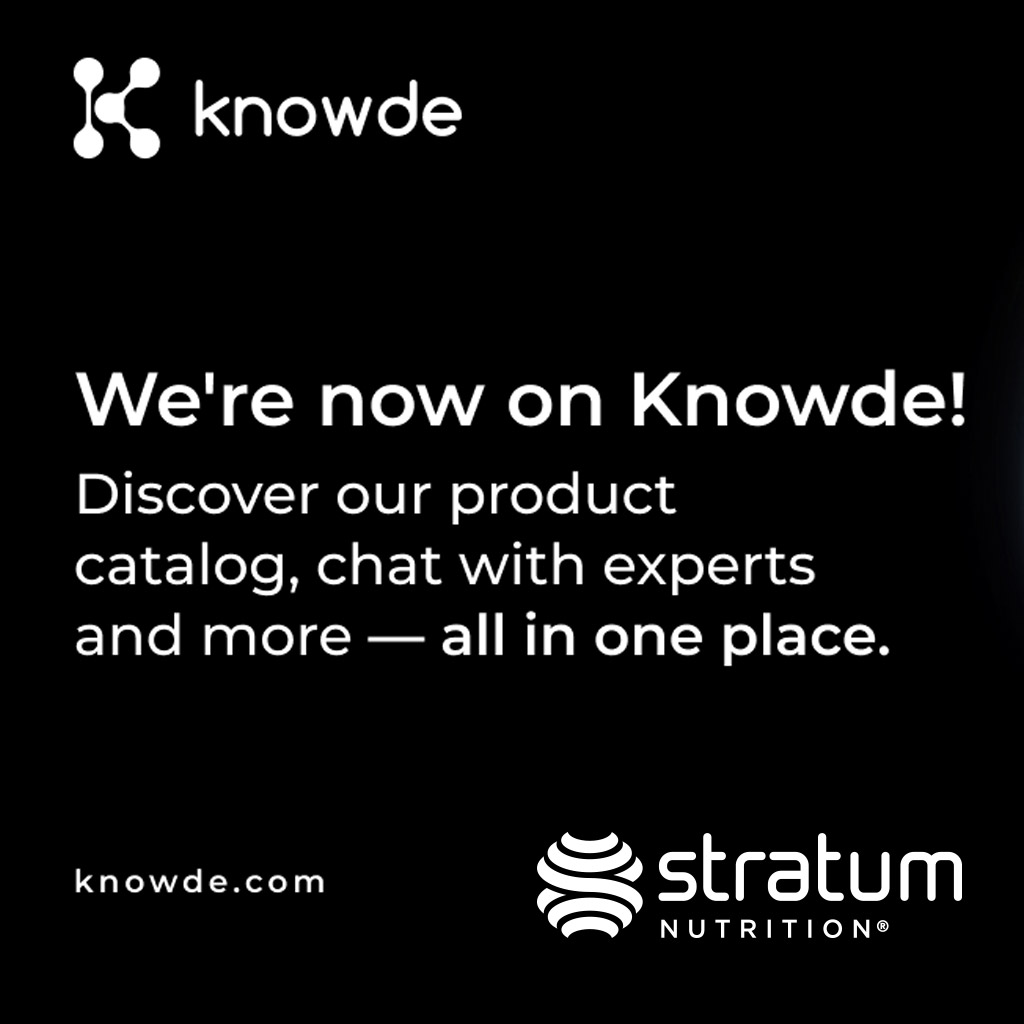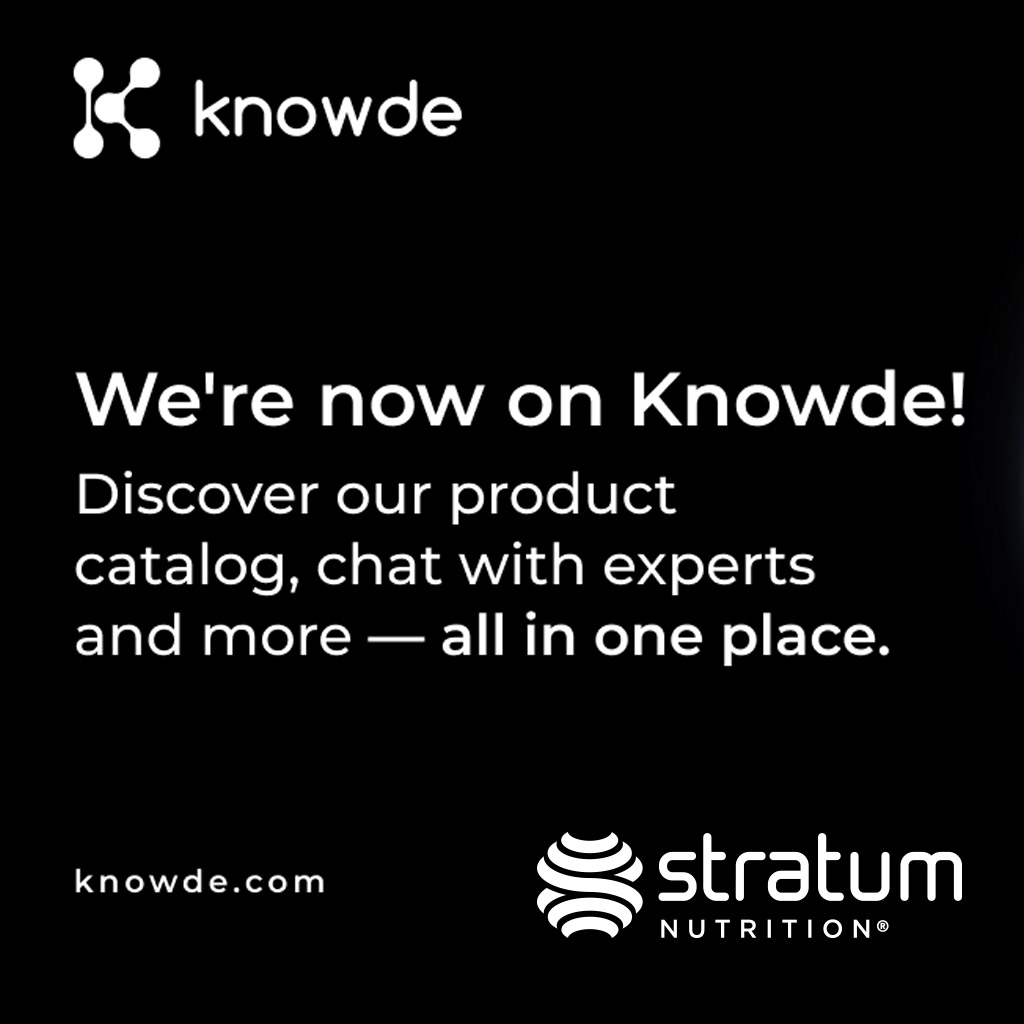Immune Health Ingredients for a Post Pandemic Era
Oct 24 2022
| Our Blog
| Stratum Nutrition
Prior to the Covid-19 pandemic, products within the immune health category usually included ingredients with antioxidant and/or antimicrobial capabilities, such as vitamin C, zinc, and a botanical ingredient or two, such as echinacea. There were a few immune support probiotics as well, such as the oral cavity bacterial strain Streptococcus salivarius K12, as well as several intestinal strains of Lactobacillus plantarum, L. acidophilus, and L. rhamnosus. But within the last 3 years, the category has blossomed tremendously. There is now a full range of immune support products that contain just probiotics. Vitamin D has also come into the spotlight for its potential benefits in mitigating the risks associated with the SARS-CoV-2 virus; and the popularity of elderberry, astragalus, green tea, and other immune-supporting botanicals has risen sharply.
Most of these ingredients are immune modulating, in other words, they work alongside the body’s immune system to either stimulate or suppress the immune response as needed, helping the body maintain a healthy balance. Ingredients, such as echinacea, vitamin C, and zinc also have immune-stimulating properties. Immune-stimulating or boosting ingredients usually work through multiple pathways to help protect the body. They are often both antioxidants and antimicrobials or anti-inflammatories. These ingredients are particularly helpful to help speed recovery from an infection and during times of the year when an extra immune system boost is needed. However, immune system boosting ingredients should not be taken above the recommended dose, and often are best taken intermittently rather than on a continuous basis, as they can begin to suppress the immune system over time if taken continuously.
There are several immune-supporting ingredients that also have other health benefits, and these ingredients can provide synergistic benefits to the body. Ingredients, such as beta-glucans, which are soluble fibers, can provide a beneficial prebiotic effect and support the health of the intestinal microbiota. But they can also stimulate the immune system by increasing levels of immune cells, including macrophages, that attack pathogens. In a similar way, omega-3 fatty acids, usually recognized for their benefits to cardiovascular health, can benefit the immune response by strengthening the cell membrane of immune cells, such as T-cells. They are also important in boosting cell signaling in immune cells, thus optimizing the cellular response in recognizing a pathogenic attack.
Ingredients in Demand
There is a tremendous focus right now on the importance of specific microbial strains in protecting the body from disease and injury. As more information is gained about the bacteria, fungi and even some viruses that naturally reside on and in a healthy human body, there will be an increased demand for microbial strains that have unique attributes that make them particularly beneficial to human health. The research in this area is still mostly focused on the intestinal microbiota and for good reason as the health of this area of the body, especially the areas involved in immune functioning, are crucial for maintenance of health. But the interest is now expanding to include the microbiota residing on the skin and in the oral cavity. Many of these indigenous strains, such as the native oral cavity strains, Streptococcus salivarius K12 (BLIS K12®) and S. salivarius M18 (BLIS M18®) interact directly with the immune system within the oral cavity to help inhibit colonization of pathogens that enter the body through the nose and mouth.
The tremendous increase in interest in postbiotics in the last few years has also opened the door for growth in developing postbiotics that not only support the general health and functioning of the digestive tract, but also specifically target those areas of the gut involved directly in immune functioning and in communication with both the brain and the rest of the body to support the entire immune system. Though the area of postbiotics is still relatively new, postbiotic strains such as Lactobacillus LB (LBiome™) have been around for over a century, and their use in supporting the health and functioning of the intestinal tract goes well beyond just digestive health.
The importance of the skin microbiota in supporting both innate and adaptive immune responses has been known for years but uncovering ways to support and even supplement healthy strains is just now beginning to make headway. The use of postbiotic cosmetic products may be on the horizon for this application.
Entering the Post-Pandemic Era
Consumers have been inundated with products purporting to prevent or treat a variety of conditions. But the actual desires of the consumer are much simpler. Many consumers are tired of the constant health threat posed by Covid and they want to concentrate on other areas of life. They want to take a few products that work, particularly those that can address several health functions in the body, so they can limit the number of products they take. They desire the products to be safe and without any risk of interaction with pharmaceuticals they might also be taking. Many want to be environmentally responsible and seek products that are sustainable and high quality. Interest in specific immune products is still there and won’t go away, but it has transitioned to products that provide multiple benefits, such as a good gastrointestinal health support ingredient, like the postbiotic, LBiome™, or a sustainable plant-derived multi-omega such as Ahiflower®, or an oral cavity-targeted probiotic, such as BLIS K12® or BLIS M18®. These types of ingredients indirectly support a healthy immune system functioning and provide other benefits to the body as well.








